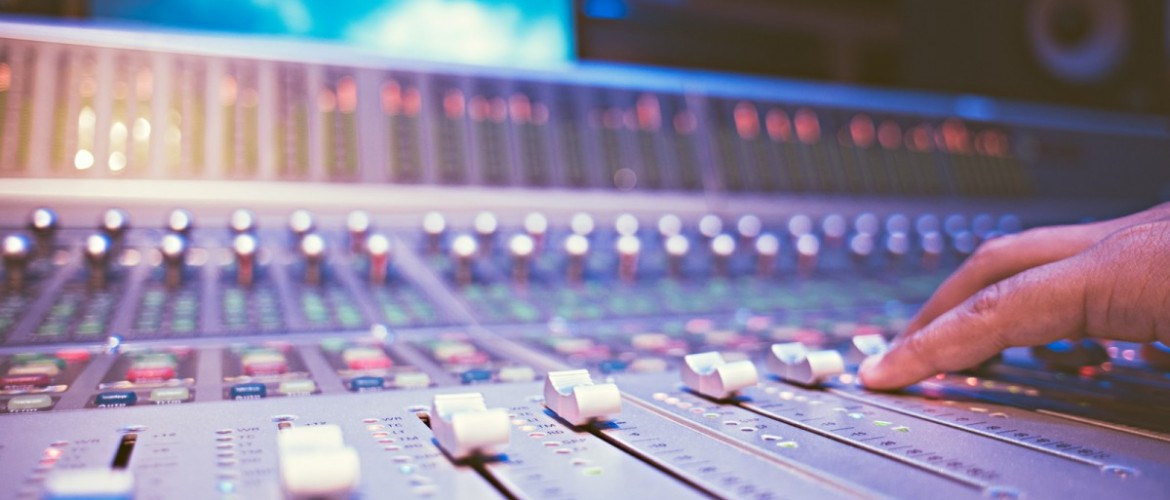Audio engineering can be defined as the science of sound which involves recording and remaking music with mechanic and electronics. Anyone who wants to flourish in this industry must be well-acquainted with different types of recording equipment. Most of them usually specialize in one aspect of audio engineering and masters the process. Interested individuals can get professional degrees in audio engineering.
There are 8 main branches that an audio engineer can select from. They are:
- Studio engineer
- Recording engineer
- Mixing engineer
- Game audio engineer
- Live sound engineer
- Fold back engineer
- System engineer
- Audio post engineers
A studio engineer works in a studio alongside the producer. He/she may sometimes work as the producing sound engineer alone. Their job is to make different tracks sound best. They carefully analyze the musical and technical aspects of sounds and then adjusts their equipment and artist’s performance to make sure is sounds appealing.
A recording engineer uses his mixing board to work with different sounds from television, music, and radio. They often include sound effects, speed up and slow down the tempos based on what their expected end result is. They make sure the audio is adjusted in such a way that it pleases customers.
A mixing engineer selects multiple tracks and thenmixes them together. This is useful when the music is on one track and the performer’s voice is on another. The mixing engineer creates a good balance and adjusts the track so that is it entertains the audience.
Game audio engineers focus on games. They are in charge of the music and sound effects which make the games realistic and exciting. They are expected to be acquainted with the game so that they can add appropriate sounds where needed.
A live sound engineer is in charge of the sounds produced at the live performances or events. They place speakers in best places and manage all sounds required at the venue. They often use a mixing board. Live sound engineers commonly work with bands and-andindividuals who give live performances.
Fold back engineers are also required for live events. They are the ones who monitor and improves what the audiences can hear. They ensure that the crowd hears what they are supposed to and also maintain that other noises are reduced.
System engineers design, set up and operate the PA systems. The systems are quite complex and are difficult to handle. The trained professional’s job is to set up the system. The PA systems are designed in such a way so that all sounds produced can be properly managed.
Audio post engineers basically edit and mix the sound prepared for various films and television shows. They are expected to manage different sounds and try to make them seem realistic. Keeping the audience interested is the main aim. They should alsobalance the overall sound effects. The actors’ voices must not be covered up or overshadowed.
As stated above, there are many diverse branches of audio engineering that an interested person can select from. If you are considering this as a career, study each of the aforementioned options thoroughly and choose the one that perfectly meets your talents and interest. Keep in mind that the nature of this job will require you to use a variety of different equipment. You should also be able to listen and analyze the given audio.
If you are interested, you can enroll is a dedicated program at a good school. There are many relevant online programs which offer an audio engineering degree upon completion of all lessons.










Comments are closed.